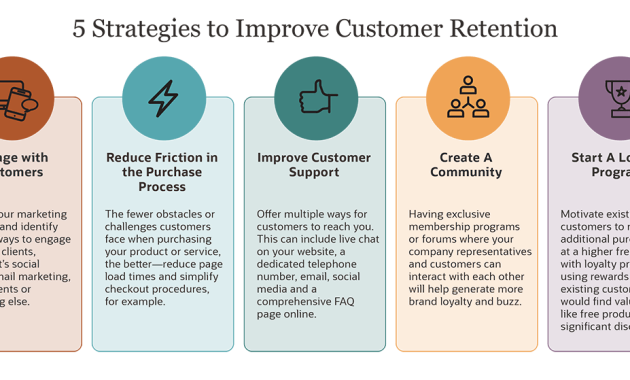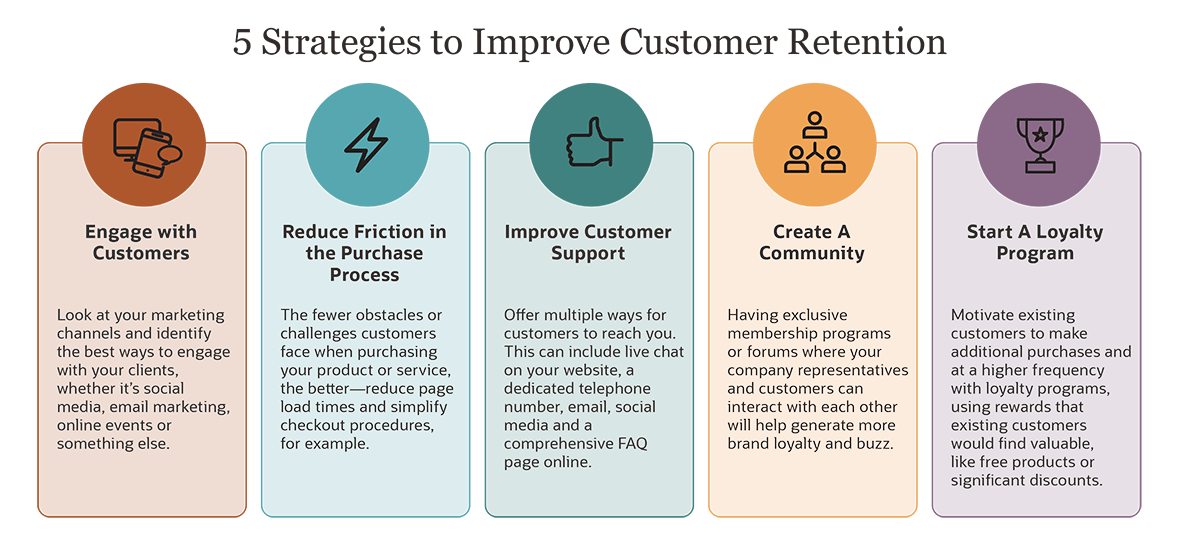
How to Boost Retention for Agencies: The Power of CRM Software
In the fast-paced world of marketing and advertising, agencies face a constant challenge: retaining clients. Client churn can be a significant drain on resources, impacting profitability and hindering long-term growth. Fortunately, Customer Relationship Management (CRM) software offers a powerful solution to this problem. By leveraging CRM, agencies can significantly boost client retention rates and foster lasting relationships. This article delves into how CRM software can transform agency operations and enhance client loyalty.
Understanding the Retention Challenge for Agencies
Before exploring the solutions, it’s essential to understand the complexities of client retention in the agency landscape. Clients often switch agencies for various reasons, including: unmet expectations, poor communication, lack of transparency, and perceived value. Agencies must proactively address these pain points to prevent client attrition. The ability to consistently deliver results, provide exceptional customer service, and demonstrate the value of the agency’s services is critical for long-term success. Failing to do so can lead to significant financial losses and damage an agency’s reputation.
The Role of CRM Software in Enhancing Retention
CRM software acts as a central hub for all client-related information. It allows agencies to streamline communication, track interactions, and personalize client experiences. This centralized approach is key to building stronger client relationships and improving retention rates. By implementing CRM, agencies gain valuable insights into client needs, preferences, and pain points. This data enables agencies to tailor their services, proactively address issues, and provide exceptional customer service. The benefits of using CRM are substantial and far-reaching.
Key Features of CRM for Retention
Several key features of CRM software directly contribute to improved client retention. These features empower agencies to manage client relationships more effectively:
- Contact Management: Centralized storage of client contact information, communication history, and relevant details.
- Communication Tracking: Recording all interactions, including emails, calls, and meetings, providing a complete view of client engagement.
- Task Management: Assigning and tracking tasks, ensuring timely completion of deliverables and proactive communication.
- Reporting and Analytics: Generating insights into client behavior, identifying trends, and measuring the effectiveness of retention strategies.
- Automation: Automating repetitive tasks, such as sending follow-up emails and appointment reminders, freeing up agency staff.
Implementing CRM for Maximum Impact
Successfully implementing CRM software requires a strategic approach. Agencies should consider these crucial steps:
- Define Goals: Clearly outline the specific retention goals and objectives the agency aims to achieve.
- Choose the Right CRM: Select a CRM system that aligns with the agency’s size, budget, and specific needs. Consider factors such as scalability, ease of use, and integration capabilities.
- Data Migration: Migrate existing client data from spreadsheets and other sources into the CRM system.
- Training: Provide comprehensive training to agency staff on how to use the CRM software effectively.
- Process Optimization: Streamline workflows and processes to ensure the CRM is fully utilized.
- Ongoing Evaluation: Regularly evaluate the effectiveness of the CRM implementation and make adjustments as needed.
Personalization: A Key Driver of Client Retention
In today’s competitive landscape, personalization is essential for building strong client relationships. CRM software empowers agencies to deliver personalized experiences by providing insights into client preferences, needs, and behaviors. Agencies can tailor communication, customize service offerings, and proactively address client concerns. This personalized approach fosters a sense of value and strengthens client loyalty. Clients are more likely to stay with agencies that understand their unique needs and provide tailored solutions. CRM enables agencies to create a more client-centric approach, which leads to higher retention rates. The ability to personalize interactions is a significant differentiator for agencies.
Proactive Communication and Transparency
Consistent and transparent communication is crucial for building trust and maintaining strong client relationships. CRM software facilitates proactive communication by enabling agencies to track interactions, schedule follow-ups, and provide regular updates. Agencies can use CRM to send automated email newsletters, share project progress reports, and proactively address client concerns. Transparency builds trust and reduces the likelihood of clients feeling uninformed or neglected. Open communication channels contribute to a positive client experience, increasing the chances of long-term retention. CRM enables agencies to stay connected with clients, fostering a sense of partnership.
Measuring the Impact of CRM on Retention
Tracking the impact of CRM on client retention is essential for measuring its effectiveness. Agencies should establish key performance indicators (KPIs) to monitor client retention rates, client satisfaction scores, and the average client lifetime value. Regular analysis of these KPIs helps agencies assess the success of their CRM implementation and identify areas for improvement. By tracking the right metrics, agencies can demonstrate the value of CRM to their clients and stakeholders. Data-driven insights enable agencies to optimize their retention strategies and maximize their return on investment. CRM provides the tools to monitor and improve performance.
Case Studies: CRM Success Stories
Numerous agencies have successfully used CRM software to boost client retention. These case studies highlight the tangible benefits of implementing CRM:
- Agency A: Implemented CRM and saw a 20% increase in client retention within the first year. They improved communication and personalized client interactions.
- Agency B: Used CRM to automate task management and improve project delivery, leading to a 15% increase in client satisfaction.
- Agency C: Leveraged CRM’s reporting and analytics to identify at-risk clients and proactively address their concerns, resulting in a 10% reduction in churn.
These examples demonstrate the power of CRM software to transform agency operations and drive positive results. Success stories are common among CRM users. These successes underscore the importance of CRM for agencies.
Choosing the Right CRM Software
Selecting the right CRM software is crucial. Several factors should be considered:
- Ease of Use: The CRM should be user-friendly.
- Scalability: The CRM should be able to grow with the agency.
- Integration: It should integrate with other tools the agency uses.
- Reporting: The CRM should provide useful reporting features.
- Cost: The agency must consider the cost of the CRM.
The Future of CRM in Agencies
The future of CRM in agencies is promising. Advances in artificial intelligence (AI) and machine learning (ML) are further enhancing CRM capabilities. Agencies can expect to see: more intelligent automation, improved predictive analytics, and even greater personalization. The evolution of CRM will continue to transform the way agencies manage client relationships. Agencies that embrace these advancements will be well-positioned to succeed in the future. Agencies must stay current with CRM trends.
Conclusion: Elevating Agency Performance with CRM
CRM software is a powerful tool for agencies seeking to boost client retention and drive sustainable growth. By centralizing client data, streamlining communication, and providing personalized experiences, CRM enables agencies to build stronger relationships and foster client loyalty. Implementing CRM requires a strategic approach, including defining goals, choosing the right software, providing training, and continuously evaluating performance. The benefits of CRM are significant, including increased client retention, improved client satisfaction, and enhanced profitability. Agencies must embrace CRM to thrive. As the agency landscape becomes increasingly competitive, CRM is no longer a luxury but a necessity for agencies aiming to succeed. Investing in CRM is an investment in the future.
[See also: Related Article Titles]

